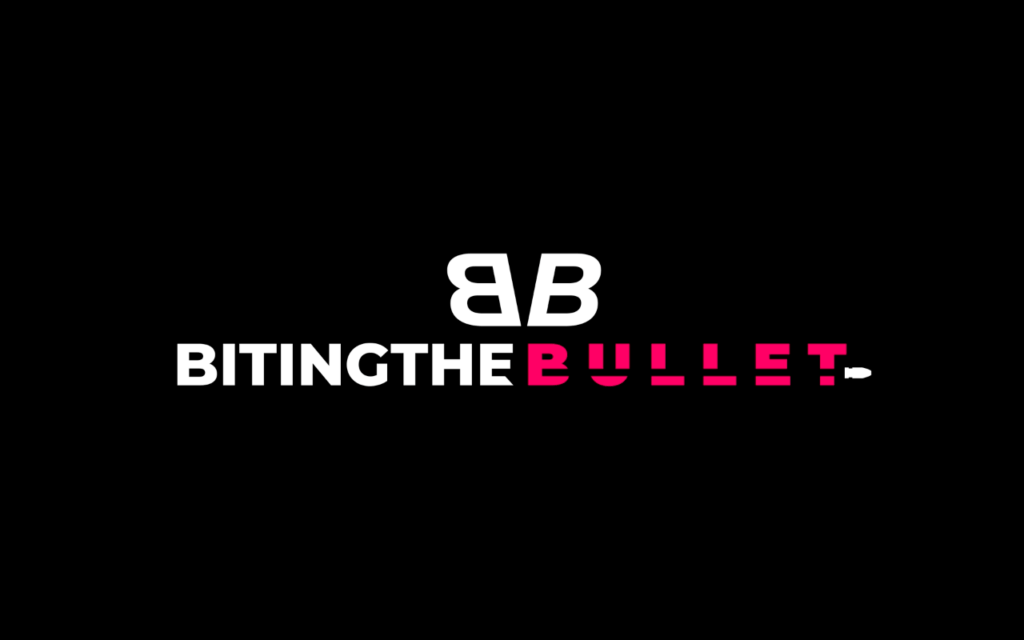
"Your opinion?" the pluralist says to me. Two big objections – I can't have an opinion if I don't exist The base case for existence pluralism is just the view that there is more than one object. If you say that tables and pens are (genuine) objects (or that mereological atoms are objects, for the mereological nihilists) then you're an existence pluralist. If it were to have proper parts, they would constitute objects.Ĭompare this with existence pluralism. The cosmos can be said to have a highly varied internal structure, but no genuine proper parts. The cosmos is highly varied on the inside, but no area of the cosmos is itself an object.Ī slightly more technical way of putting this is that the cosmos is a mereologically simple structured whole. What is existence monism?Įxistence monism is the view that there is exactly one object. Nor is it intuitive.īut in this article, I intend to defend existence monism by overcoming some of these highly unintuitive consequences, and by showing why it is in fact better suited to explaining the way the world is. The incredulous stare is attracted by some of the most interesting arguments of modern metaphysical exploration, not least David Lewis' modal realism.Īlmost nobody's first reaction to existence monism is that it's particularly plausible. Philosophers have called this the "incredulous stare". So the existence monist can, understandably, anticipate some funny looks. In a nutshell, that means I believe there is exactly one object, and that this object is the cosmos.Įxistence monism entails that all of the objects with which we are familiar, like pens and tables and people, do not exist. Here you will find options to view and activate subscriptions, manage institutional settings and access options, access usage statistics, and more.This post assumes some basic prior knowledge of philosophical vocabulary and concepts.

If you believe you should have access to that content, please contact your librarian.įor librarians and administrators, your personal account also provides access to institutional account management. The institutional subscription may not cover the content that you are trying to access. Oxford Academic is home to a wide variety of products. View the institutional accounts that are providing access.View your signed in personal account and access account management features.Some societies use Oxford Academic personal accounts to provide access to their members.Ĭlick the account icon in the top right to: See below.Ī personal account can be used to get email alerts, save searches, purchase content, and activate subscriptions. Some societies use Oxford Academic personal accounts to provide access to their members. If you do not have a society account or have forgotten your username or password, please contact your society. Do not use an Oxford Academic personal account. When on the society site, please use the credentials provided by that society.If you see ‘Sign in through society site’ in the sign in pane within a journal: Many societies offer single sign-on between the society website and Oxford Academic. Society member access to a journal is achieved in one of the following ways:

If you cannot sign in, please contact your librarian.

If your institution is not listed or you cannot sign in to your institution’s website, please contact your librarian or administrator.Įnter your library card number to sign in. Following successful sign in, you will be returned to Oxford Academic.



 0 kommentar(er)
0 kommentar(er)
